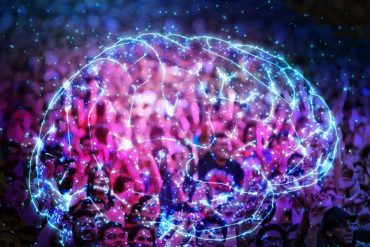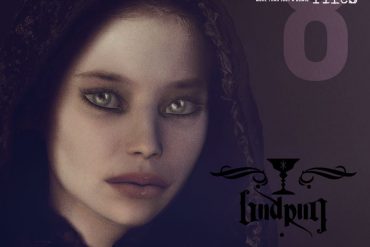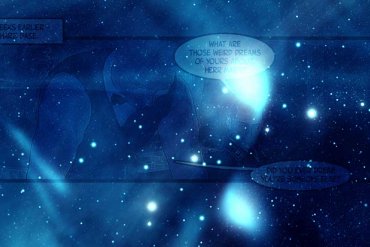Penfield’s classic brain experiments of the 1930s inspired a certain famous riddle, long since dubbed “brains in vats” by philosophy students. It goes like this: You think you’re sitting there reading this post. Actually, you could be a disembodied brain in a laboratory somewhere, soaking in a vat of nutrients. Electrodes are attached to the brain. And a mad scientist feeds it with a stream of electrical impulses that exactly...
The anima as a friend or soror mystica (mystical sister) has always played a great role in history. In the “cours d’amour” (courts of love) of René d’Anjou she even takes precedence over the wife. The term maîtresse actually means mistress or master. In the Middle Ages, for example, the worship of the anima led to courtly love, in which the knight was committed to his lady and was at...
Heretic Middle English: from Old French heretique, via ecclesiastical Latin from Greek hairetikos ‘able to choose’ (in ecclesiastical Greek, ‘heretical’), from haireomai ‘choose’. In the Encyclopaedia Britannica one can read:“The word heresy is derived from the Greek hairesis which originally meant an act of choosing, and so came to signify a set of philosophical opinions or the school professing them. As so used the term was neutral, but once appropriated by Christianity it began to convey a note of disapproval. […]...
When it is exclaimed that contradictions may very well be true, numerous analytic philosophers will screw up their face into an appearance of discomfort, and say ‘But I just don’t see what it could be for a contradiction to be true’. They could mean numerous things by this. ‘See’ might just mean ‘understand’, by which case they might be complaining that traditional two-valued semantics leaves no room, as it were,...
Otto Maier and his theory about waves, reality and time curves are rooted in the works of the men he looked up to, Leibniz and Descartes. In his “First Meditation” (1641), French philosopher and mathematician René Descartes decided he could not be absolutely sure he wasn’t dreaming. Most people would probably disagree with Descartes. You’re not dreaming right now, and you know it because experiences in dreams are different from...






